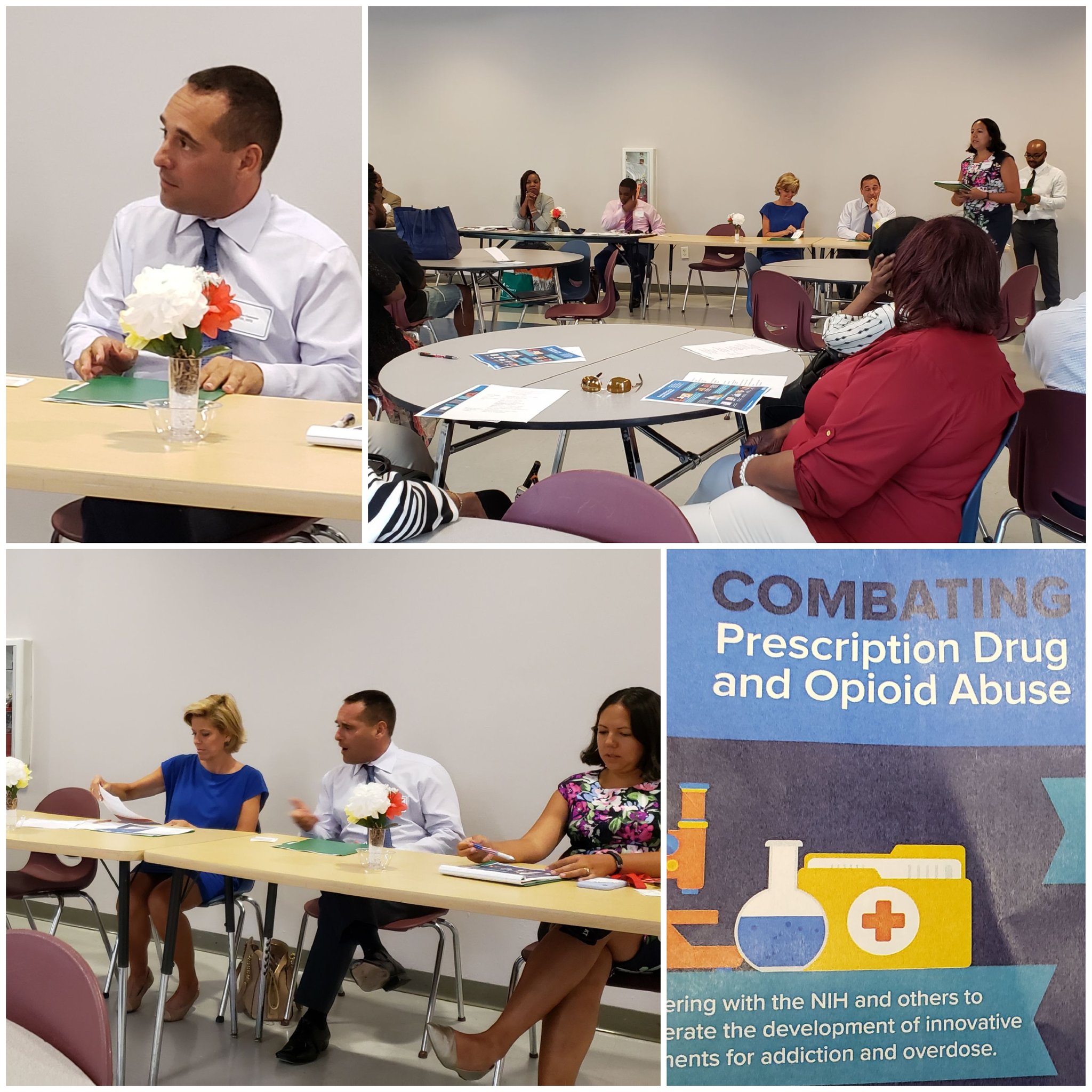Opioid Policies

Much like the rest of the United States, residents of the District of Columbia are struggling with substance use disorder (SUD) rate increases and high rates of opioid-related deaths. Unfortunately, these are multi-faceted issues that require year-long initiatives and systematic programs to address the myriad causes of addiction.
MSDC stands as a partner to the District government and private entities to help arrest the rates of opioid and substance abuse in the District. Through our advocacy for better prescribing practices, education on addiction, and even helping our own community through our Physician Health Program, MSDC is working to make DC a leader in reducing SUD, OUD, and addiction.
On a related note, MSDC is passionate about helping patients make prescriptions and medication more affordable. Whether expanding access to biosimilars or advocating for more affordable co-pays, MSDC wants to help our patients afford the medications they need.
MSDC Statement and Testimony on Opioid and Prescription Issues
25th Council information coming soon
DC Health Releases 2019 Community Health Needs Assessment
The purpose of the CHNA, according to the department, is to comprehensively analyze the overall health status and quality of life for District residents. The assessment "serves as a resource that catalogs the District's existing assets, healthcare services and facilities, public health infrastructure, community partnerships mobilized to address priority needs, promising practices and policies, population health data, and funding opportunities.
Read the executive summary here, the description of the District's population as a whole here, and health outcomes data here.
Some of the top line data that will be of interest to District physicians include:
- DC Health considers its Substance Use target as "met", with a 13.6% increase in the proportion of persons with co-occurring SUD and mental disorders receiving treatment for both disorders (target = 12.4%)
- Areas with health indicators getting "worse" include mental health and mental disorders, injury and violence prevention, clinical preventative services (focused on patient control of diabetes), and LGBTQ health
- Maternal mortality statistics show little or no change towards meeting 2020 goals
- The District's overall population has increased by 14% since 2010 and has the third youngest population in the U.S. (median age = 34)
- The difference in lief expectancy between a Ward 3 resident and a Ward 8 resident is 16.5 years (86 v. 70.5 years)
Sample of Legislation MSDC Tracked on Opioid and Prescription Policy
What does it do? The bill authorizes licensed pahrmacists to dispense interchangeable biological products and requires notifications to physicians when such interchangeables are dispensed.
MSDC position: MSDC has a position of priority support on this legislation, identifying its passage as one of its highest legislative priorities.
Current status: SUCCESS. The bill was passed by the Council and signed by the Mayor.
What does it do? The bill requires prescription opioid medications to include a statement that the drug is an opioid and opioids may cause dependence, addiction, or overdoes.
MSDC position: MSDC supports the legislation.
Current status: The bill had a hearing before the Committee on Health on July 29, 2020. MSDC leader Dr. Sam Kareff testified for the Medical Society. It passed the Council on November 10 and was signed by the Mayor December 7.
What does it do? The bill prohibits insurance companies from factoring the use of PreP in decisions related to disability, life, or long-term care policies.
MSDC position: MSDC supports this legislation
Current status: The bill was introduced on January 8, 2019 and assigned to the Committee on Business and Economic Development.

Leave a comment